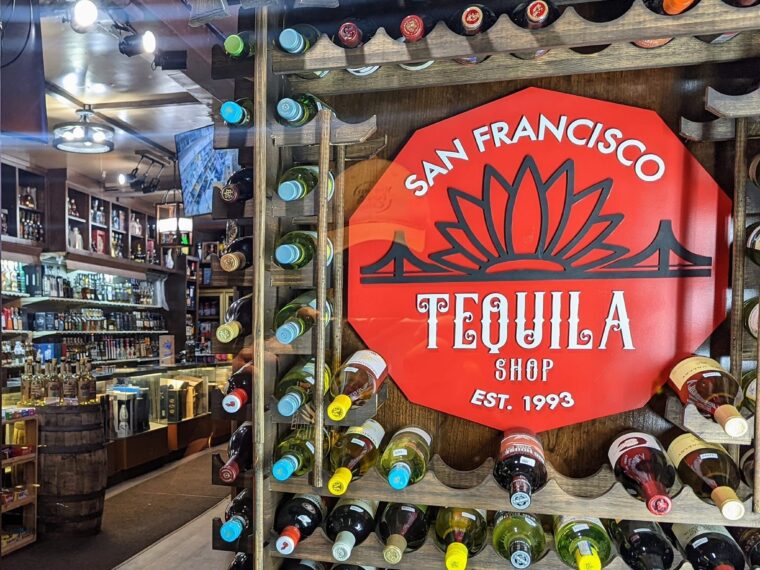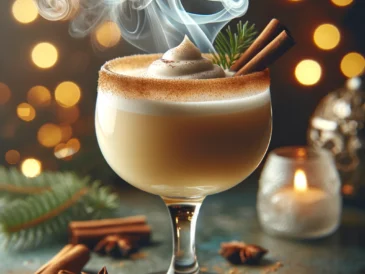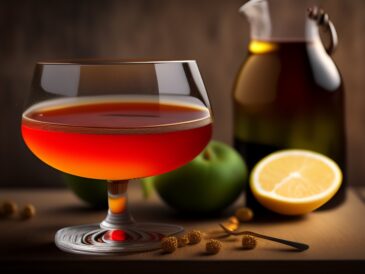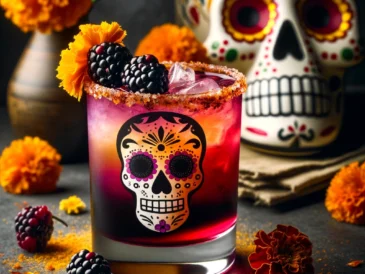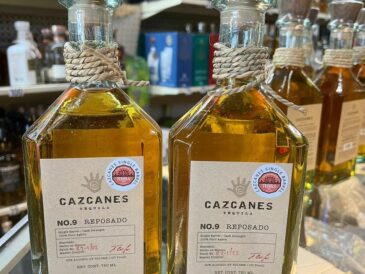Tequila and mezcal are both agave-based spirits popular in Mexico, but they have distinct characteristics that set them apart. Tequila is made exclusively from the blue agave plant, grown mainly in the region surrounding the city of Tequila. In contrast, mezcal can be made from any agave plant and is often made using traditional, labor-intensive methods.
Tequila’s flavor profile tends to be smooth and subtle, with fruity and spicy notes. At the same time, mezcal has a smokier, more complex flavor due to the roasting of the agave hearts before fermentation and distillation. Additionally, tequila production is often done with industrial methods, while mezcal production often retains traditional techniques. As a result, Tequila is considered a refined and sophisticated spirit, while mezcal is often rustic and traditional.
Ultimately, the best way to decide which spirit to enjoy is to try both and discover which one aligns with your taste.
- It must be made in one of the Mexican states officially producing tequila, including Jalisco, Guanajuato, Michoacán, Nayarit, and Tamaulipas.
- It must be made from at least 51% blue Weber agave, the type of agave used to make tequila.
- It must be produced using traditional methods, which include cooking the agave in industrial ovens or autoclaves, crushing it with a roller mill, and distilling it in small batches using stainless steel or copper stills.
- It must be bottled in Mexico and must have an alcohol content of between 38% and 40% by volume.
- The label must include the name of the tequila, the type of tequila, and the distiller’s name.
Meeting these criteria ensures that the spirit is authentic and has the characteristics defining it; therefore, it can be labeled and sold as “Tequila.”
It’s worth noting that there are different types of Tequila based on aging, such as Blanco (white), Joven (young), reposado (rested), and añejo (aged). These types are determined by the time spent aging in oak barrels, which will impact the flavor profile, color, and aroma.
All tequila bottles must bear a NOM code, a four-digit number assigned by the Mexican government that identifies the distillery where the tequila was produced. This code is usually found on the label of the bottle, and it is important information that guarantees that the tequila is an authentic product of Mexico.
It is worth noting that tequila that does not follow these guidelines cannot legally be labeled as “tequila” and must be labeled as “agave spirit” or “mezcal.”
Mezcal is a type of spirit made from the agave plant, specifically one of the many agave varieties native to Mexico. To be considered a mezcal, a spirit must meet certain criteria:
- It must be made in one of the Mexican states officially recognized as producing mezcal, including Durango, Guanajuato, Guerrero, Michoacán, Oaxaca, Puebla, San Luis Potosí, Tamaulipas, and Zacatecas.
- It must be made from at least 51% espadin agave, the most commonly used agave for mezcal.
- It must be produced using traditional methods, which include roasting the agave in underground pits, crushing it with a tahona (a large stone wheel), and distilling it in small batches using copper or clay stills.
- It must be bottled in Mexico and must have an alcohol content of between 35% and 55% by volume.
- The label must include the name of the mezcalero (the person who made the mezcal), the village where it was made, and the type of agave used.
Meeting these criteria ensures that the spirit is authentic and has the characteristics that define Mezcal; therefore, it can be labeled and sold as “Mezcal.”
It’s worth mentioning that there is another category of Mezcal called “Joven” or “Blanco,” which is a younger and unaged version of mezcal, often bottled directly after distillation, and it doesn’t have the smoky and complex flavor profile that aged mezcal has.
In conclusion
While tequila and mezcal are agave-based spirits, they have distinct characteristics that set them apart.
Tequila is made exclusively from the blue agave plant, grown mainly in the region surrounding the city of Tequila, and it has a smooth and subtle flavor with fruity and spicy notes.
On the other hand, mezcal can be made from any agave plant, and it has a smokier and more complex flavor due to the roasting of the agave hearts before fermentation and distillation. In addition, Mezcal is often made using traditional and labor-intensive methods, which gives it a rustic and traditional feel.
It’s a matter of personal preference and experimentation to determine which one aligns with your taste.
FAQs for Tequila and Mezcal
Shop Today – SF Tequila Shop
